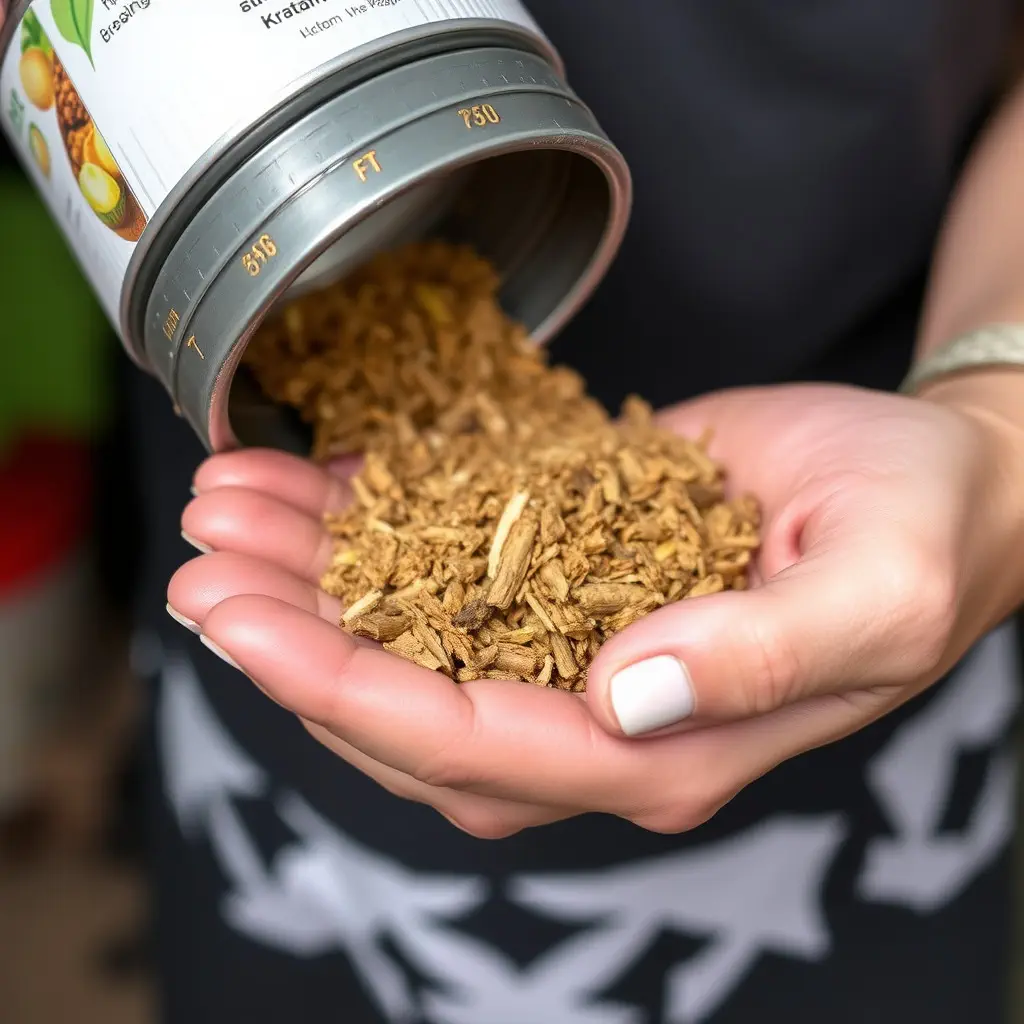As of 2023, kratom's legal status in Massachusetts allows for its sale and possession under strict regulatory conditions, established to ensure safety by the state's Department of Agricultural Resources. The plant-based compound, derived from Mitragyna speciosa, has been a subject of debate due to its potential as a therapeutic option for opioid withdrawal, with alkaloids that may interact with brain opioid receptors to alleviate symptoms such as anxiety and insomnia. However, the FDA has raised concerns about its health risks, including addiction and adverse effects, and has not endorsed its use. Massachusetts' legalization of kratom in December 2020 includes provisions that prohibit the sale of adulterated or opioid-laced products. Users in Massachusetts must stay informed about both state and federal regulations, as they can change over time. It is crucial for individuals to consult with healthcare providers before using kratom, considering its complex legal landscape and potential health implications, to make an informed decision about its use during opioid withdrawal management.
Kratom, a plant originating from Southeast Asia, has garnered attention for its potential role in managing opioid withdrawal symptoms. As the opioid epidemic continues to challenge public health, individuals seek safe and effective alternatives for detoxification. This article delves into the multifaceted nature of kratom’s therapeutic properties, particularly its use in mitigating the discomfort associated with opioid withdrawal. We will explore its legal standing in Massachusetts, a key consideration for those residing or seeking treatment within the state. Additionally, we will examine the effectiveness and safety concerns of incorporating kratom into detox regimens, offering a balanced perspective on this emerging topic in substance abuse treatment. Understanding the intricacies of kratom’s legality and its impact on opioid withdrawal can provide valuable insights for those navigating recovery options.
- Understanding Kratom's Role in Mitigating Opioid Withdrawal Symptoms
- Legal Status of Kratom in Massachusetts: A Comprehensive Overview
- Effectiveness and Safety Considerations for Using Kratom During Opioid Detoxification
Understanding Kratom's Role in Mitigating Opioid Withdrawal Symptoms

Kratom, a plant originating from Southeast Asia, has garnered attention as a potential aid for individuals experiencing opioid withdrawal symptoms. The mitigating effects of kratom on opioid withdrawal are attributed to its alkaloids, which can interact with the opioid receptors in the brain, potentially easing the discomfort associated with cessation from opioids. As an alternative or complementary treatment, kratom may offer relief from symptoms such as anxiety, muscle aches, insomnia, and depression that often accompany withdrawal.
The legal status of kratom varies across different regions within the United States. In Massachusetts, for instance, the legality of kratom is subject to ongoing debate and regulation. As of recent updates, kratom is not explicitly illegal in Massachusetts, but it exists in a gray area where its sale and consumption are not clearly permitted by state law. It’s crucial for individuals considering kratom as part of their withdrawal management plan to stay informed about the current legal status in their locale, as laws can change and may differ from federal regulations. Users should also be aware that while kratom might serve as a beneficial tool for some during withdrawal, it is not without potential risks and side effects, emphasizing the importance of medical supervision when integrating kratom into a treatment regimen.
Legal Status of Kratom in Massachusetts: A Comprehensive Overview

The legal status of Kratom in Massachusetts has been a subject of debate and legislative action over recent years. As of my knowledge cutoff date in 2023, Kratom is not explicitly illegal at the state level, but its sale and possession are governed by a complex set of regulations. In 2019, the Massachusetts Department of Public Health issued an emergency order that effectively banned the sale of Kratom by classifying it as an adulterated substance under the food and drug division. This classification was based on the concerns over its safety and potential for abuse. However, this order faced significant pushback from consumers and advocates who argued for more research and regulation rather than outright prohibition.
Subsequently, in December 2020, Massachusetts enacted a law that explicitly legalized Kratom while also creating a framework for its regulation. This legislation aimed to balance public health concerns with the rights of consumers to access products they consider beneficial. Under this new law, Kratom is legal provided it does not contain any adulterants or substances intended to enhance its effects, such as opioids. The Massachusetts Department of Agricultural Resources is tasked with regulating the production and sale of Kratom, ensuring that it meets safety standards and is free from harmful contaminants. This comprehensive approach reflects the ongoing dialogue between policymakers, health professionals, and consumers about the role of Kratom in addressing opioid withdrawal symptoms and its place within the legal landscape of Massachusetts. It’s important for potential users to stay informed about the evolving regulations surrounding Kratom, as state laws can change and may differ from federal guidelines.
Effectiveness and Safety Considerations for Using Kratom During Opioid Detoxification

Kratom, a substance derived from the leaves of the Mitragyna speciosa tree, has garnered attention in discussions about managing opioid withdrawal symptoms. Proponents suggest that kratom may alleviate some of the discomfort associated with detoxification due to its opioid-like effects. However, its efficacy in this context is a subject of ongoing research and debate within the medical community. Users who consider kratom as an aid during opioid detoxification should be aware that the legal status of kratom varies by state; for instance, as of recent updates, kratom is legal in Massachusetts, but its regulatory framework may include specific restrictions or requirements that users must adhere to.
When evaluating the safety of using kratom during opioid withdrawal, it’s crucial to consider the potential risks and side effects. The U.S. Food and Drug Administration (FDA) has issued warnings about the dangers of kratom, including the risk of addiction, serious health conditions, and even death. Moreover, the interaction between kratom and other substances, particularly prescription medications, can be unpredictable and potentially harmful. Individuals contemplating the use of kratom as part of their detoxification process should consult with healthcare professionals to assess the risks and benefits in light of their individual health needs and circumstances. It is essential to approach this topic with a cautious perspective, ensuring that any decision to use kratom is informed by credible sources and professional medical advice. As with any substance used for therapeutic purposes, especially during critical periods like detoxification, the safety and well-being of the individual should be the primary concern.
Kratom’s potential as an aid for individuals undergoing opioid withdrawal presents a multifaceted topic with significant implications, both medically and legally. This article has explored the intricacies of Kratom’s role in mitigating withdrawal symptoms, providing insight into its mechanisms and effects. Massachusetts residents grappling with opioid addiction may find themselves considering kratom as an alternative or complementary treatment due to its availability in certain forms within the state. However, it is imperative for users to be well-informed about the legal status of kratom in Massachusetts, which varies by locality, and to weigh the effectiveness and safety considerations associated with its use during detoxification. As such, a nuanced understanding, grounded in both scientific evidence and legal guidance, is essential for anyone considering kratom as part of their recovery journey.






